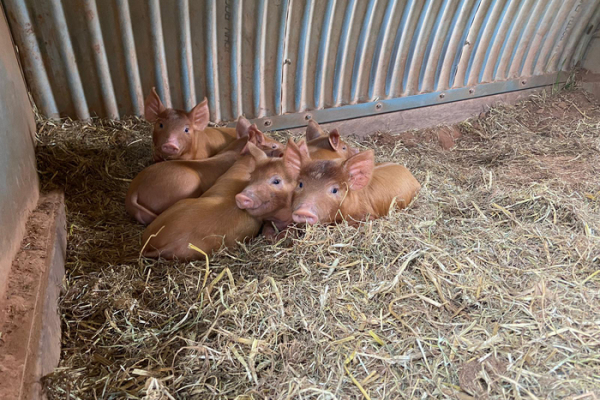Putting numbers on how well looked after the animals that end up on our plate are...
Interviews with Scientists
Interviews about medicine, science, technology and engineering with scientists and researchers internationally...
Building an instrument to fly on board a satellite is a feat of precision engineering. It’s got to be robust enough to...
Portable, tuneable lasers would be a breakthrough for medical diagnostics on the road. Cambridge researchers have...
Light Blue Optics is a Cambridge based company developing lasers to project images and to turn any surface into a touch...
In England there are 450,000 kilometres of managed hedgerows, often containing hawthorn and often dubbed “corridors for...
This week, one of the world's fastest computers became over ten times more powerful...
Raspberry Pi is a computer the size of a credit card; it will sell for about £20 and could turn your TV into a home...
Detecting viruses with sensors, how flies fight parasites with alcohol, delivering drugs on a chip and one of the World...
We investigate how XUV light in bursts as short as 30 femtoseconds can be used to probe the fundamental properties of...
Incredible as it sounds, over 70% of the energy released when you burn the fuel in your car gets wasted as heat....
Traditional power stations are very inefficient, losing lots of energy to the environment. But Thermo-Electric heat...
Can we trick the immune system into attacking cancer cells by disguising them as bacteria? New research suggests that...
A new project launched in London this week ahead of the 2012 Olympics to get school children across the country...
Rivers in cities and towns have had a rough time over the years – often diverted, hidden or lined with concrete. Some...
Powering space craft is a challenge. Traditional chemical batteries go flat and for deeper space explorations where...
Exploring the mysterious lives of and a threatened marine mammal.
Bioluminescence expert Edie Widder chooses a sneaky deep sea fish for Critter of the Month
The eating habits we develop early in life can be very hard to change. Marion Hetherington discusses why this is and...
